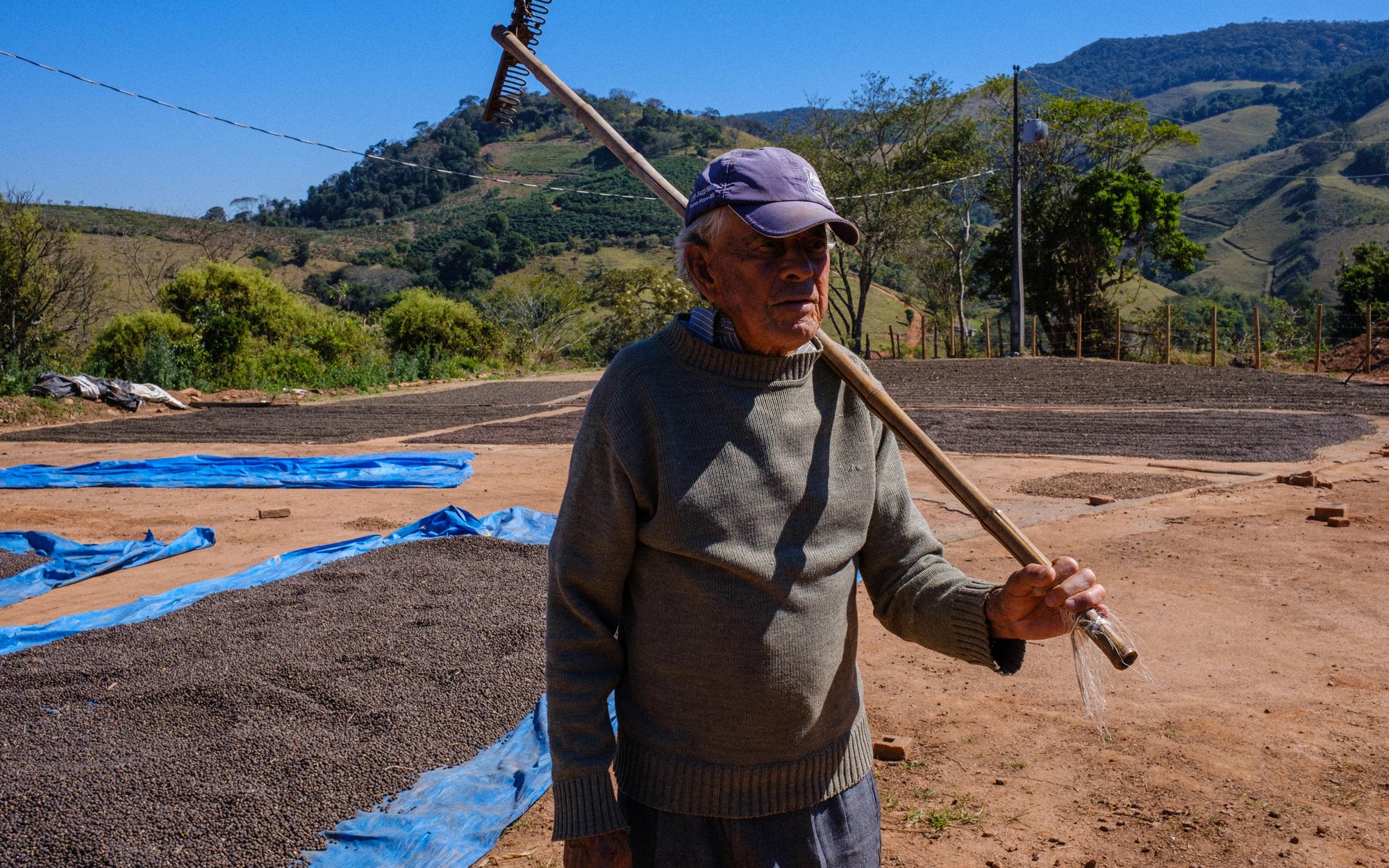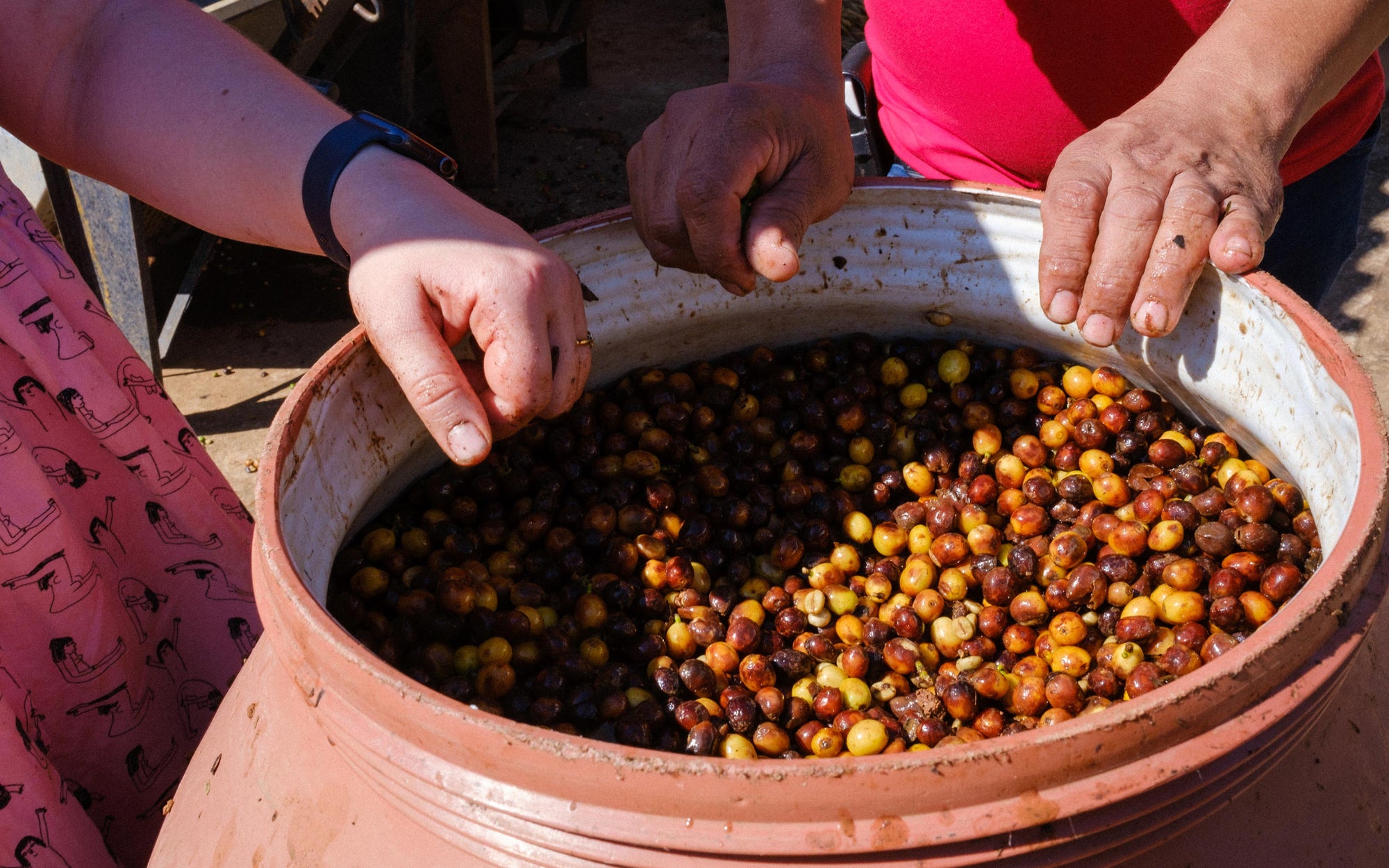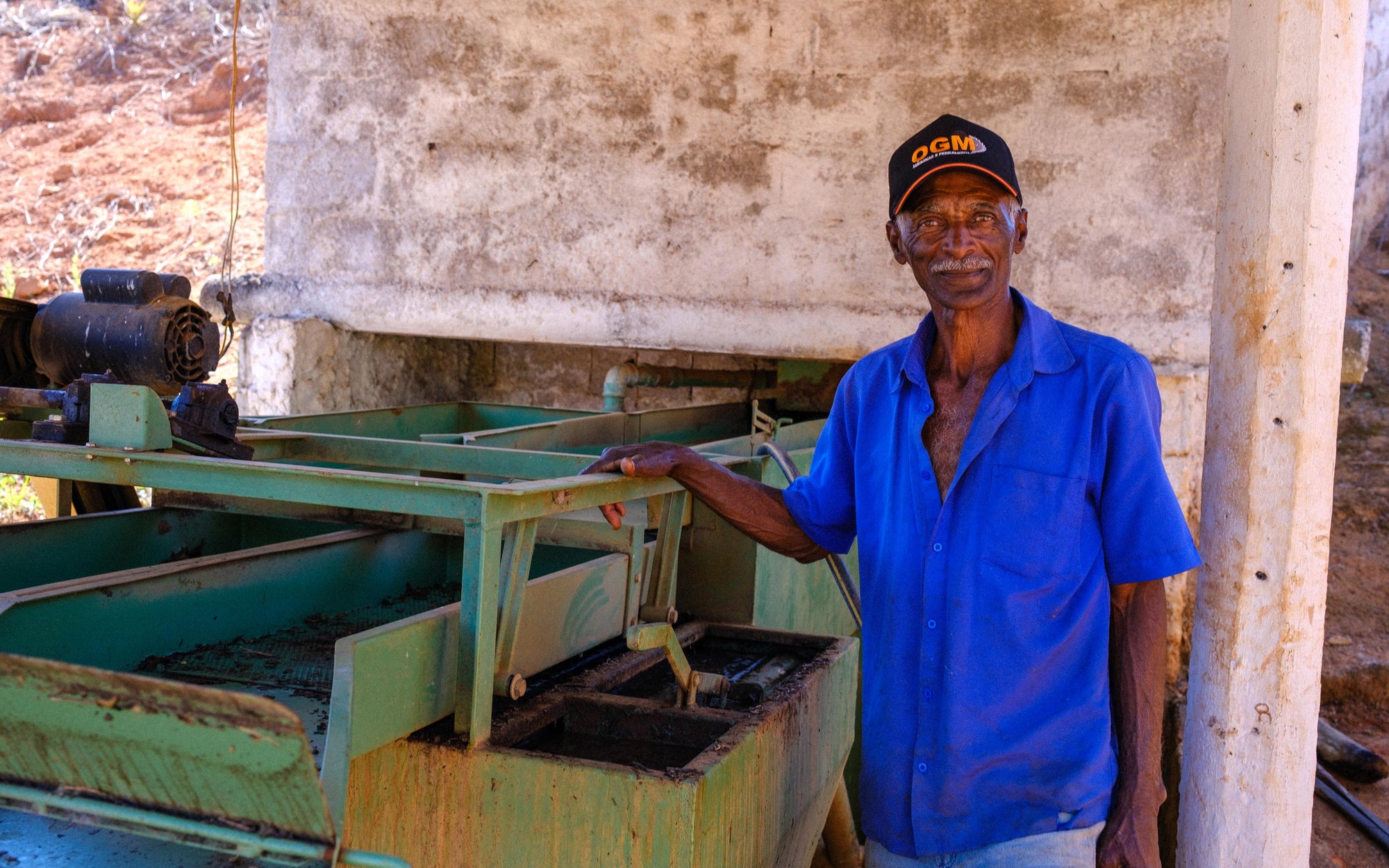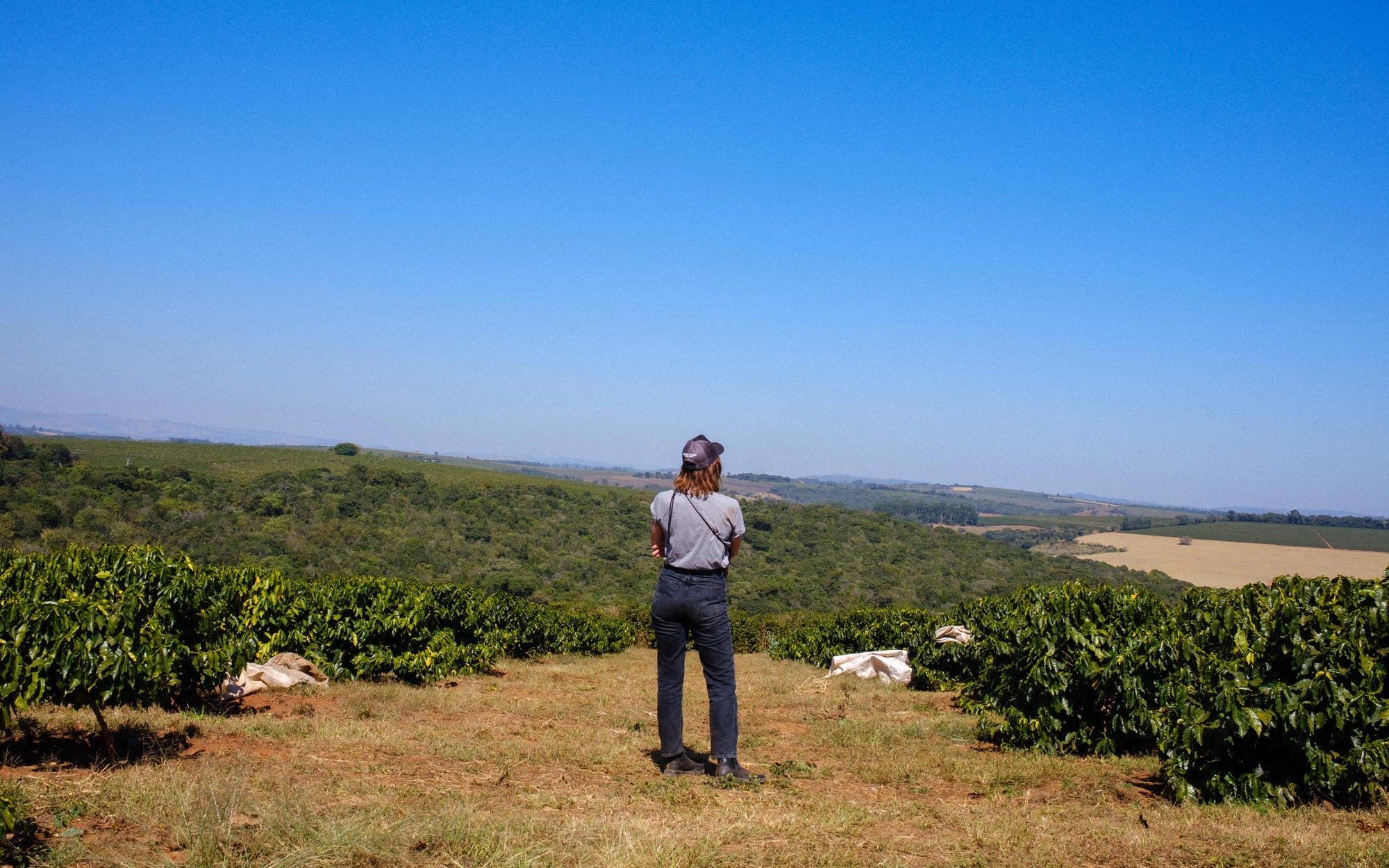Classic Brazilian Coffee
There are a lot of reasons why people love Brazilian coffee, for us it’s all about that classic flavour profile you get with pulped natural and natural Brazils; loads of chocolatey sweetness and not much acidity, a round full cup of coffee that is easy to brew and easy to like. That said, in recent years we’ve seen more and more experimentation from producers we buy from in Brazil and it’s exciting to see and taste the results and add greater variety to the kind of coffees we imagine when we think of Brazil.
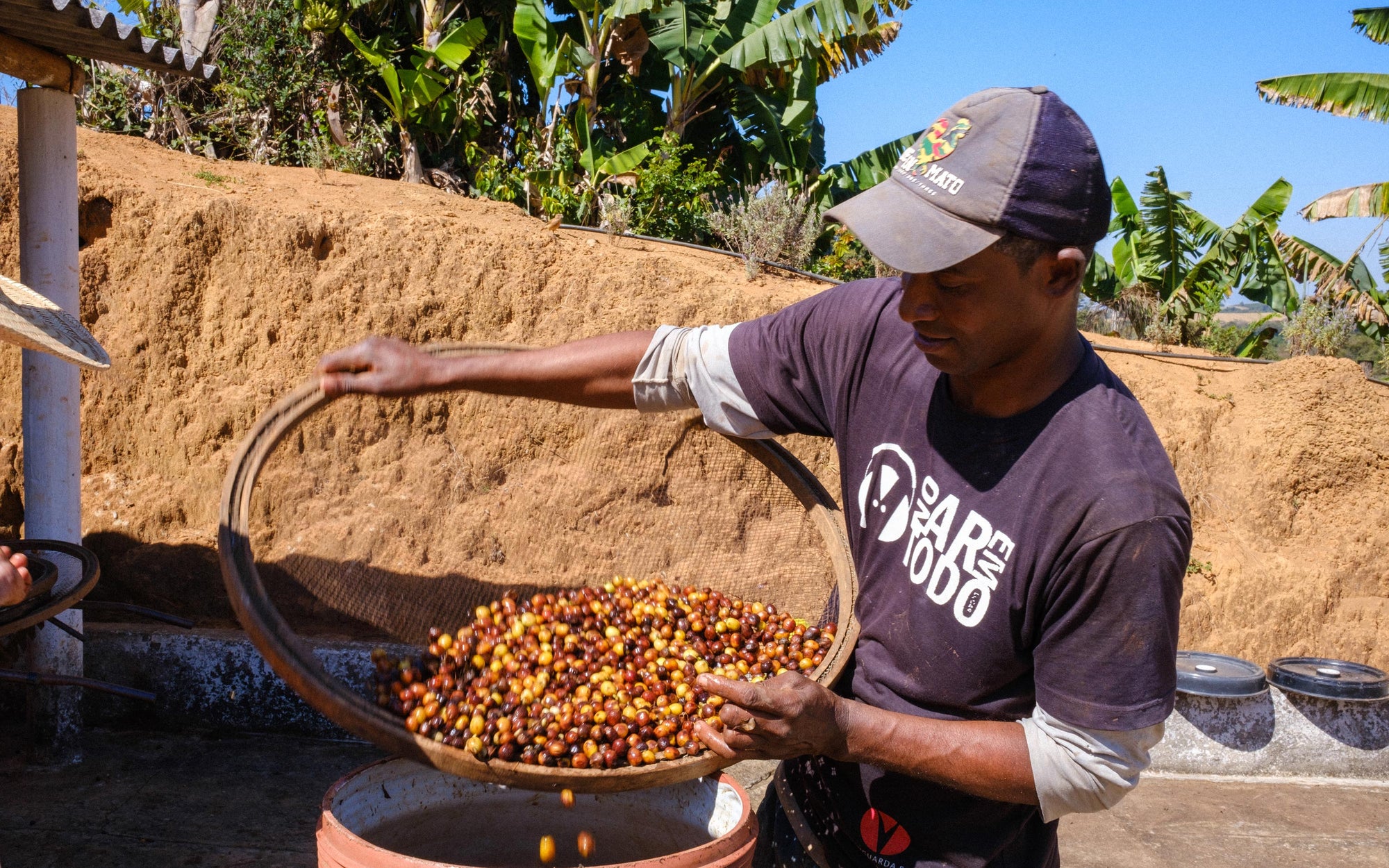

Brazil Overview
Brazil is a monolithic figure in coffee, not only does it produce the most arabica (44,700,000 x 60kg sacks) but it produces around 4 times as much coffee as the second most productive country, Colombia (11,600,000 x 60kg sacks). Coffee was initially introduced to Brazil by the Portuguese in 1727 who were its colonial rulers but it didn’t really take off until after Brazil achieved independence in 1822.
The boom can partially be attributed to the growth of an international demand particularly from the USA who had recently abolished tariffs on coffee. By 1830 coffee had taken over as the main export and Brazilian coffee production accounted for 30% of global production.
Today it sits somewhere around 40%. All that is to say, Brazilian coffee is a big deal.
Weather and Whether
The successes and failures of Brazilian harvests have a huge impact on the Commodity market price of coffee which in turn has an effect on the specialty market. Climate change has made those failures more of a real risk, in spite of Brazil's extremely well developed agronomic practices, large levels of mechanisation and steady labour (thanks in part to a pretty good minimum wage). A notable example of climate impact was the major frost that hit in ‘21, the biggest frost to hit Brazilian farms in 40-50 years which led to a near 50% dip in production and caused lasting damage to many areas. There is a bit of an attitude in some corners of the Specialty coffee scene that buying coffee from Brazil is not impactful, or that we could do more with our money by buying from smaller origin countries or ones with lower GDP, to my mind this is a little naive and to be frank couched in saviourism.
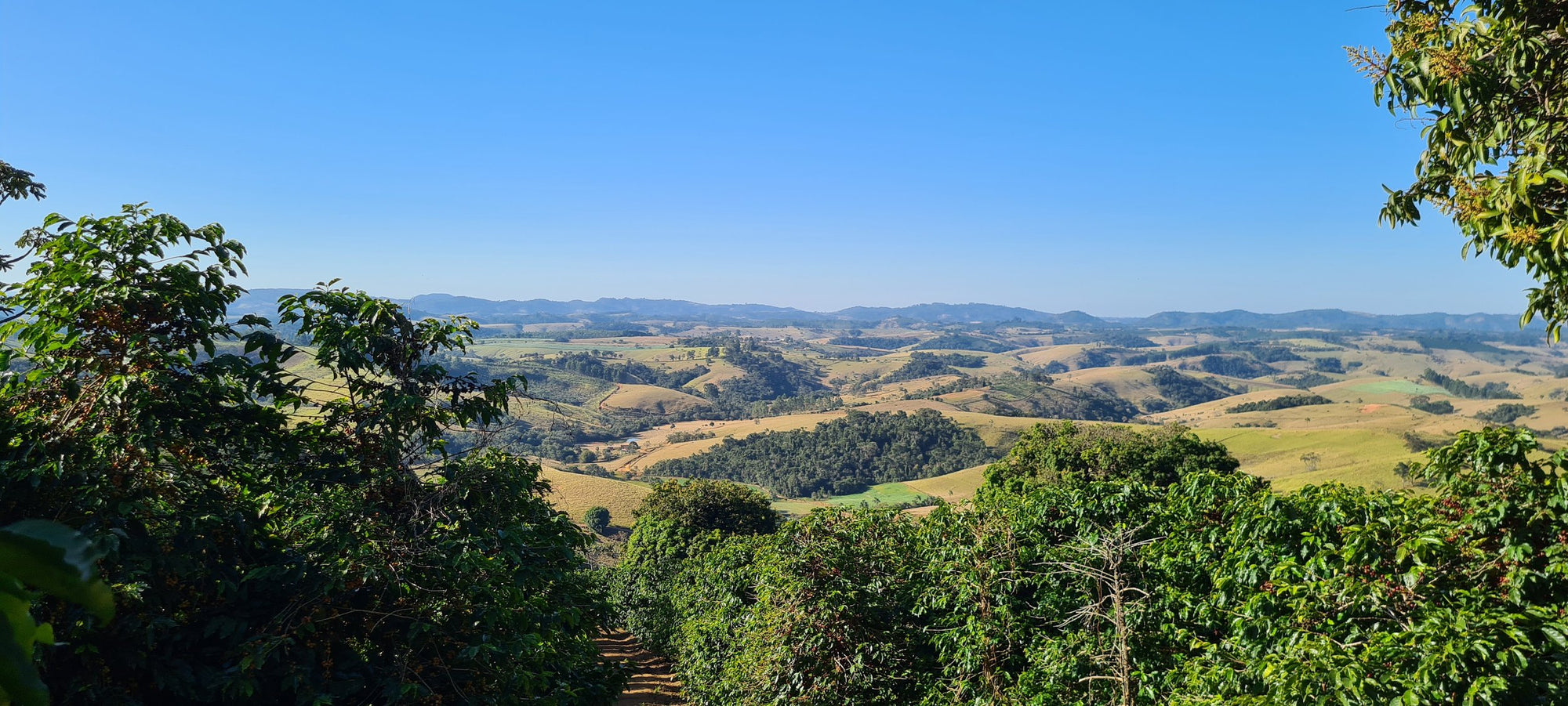

Brazil is a huge part of coffee and investing in farms like the ones we buy from that invest heavily in sustainable practices and work hard to innovate and redefine Brazilian coffee as something with more complexity than simple (albeit delicious) ‘chocolate and nut’ coffee, is valuable and something we always intend to do.
